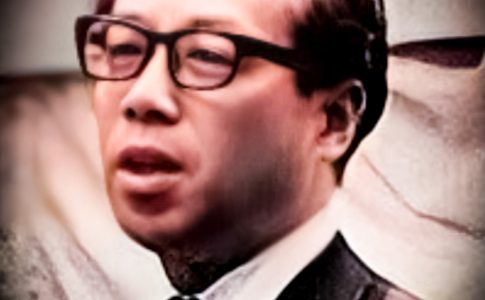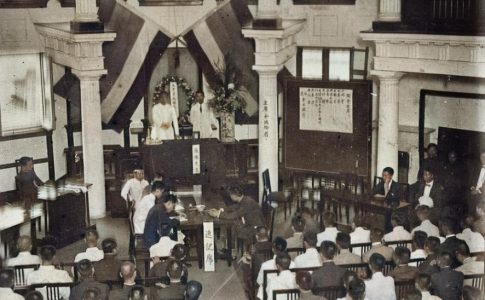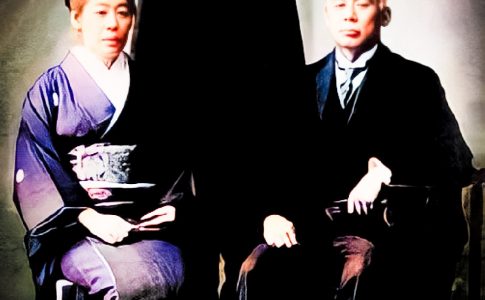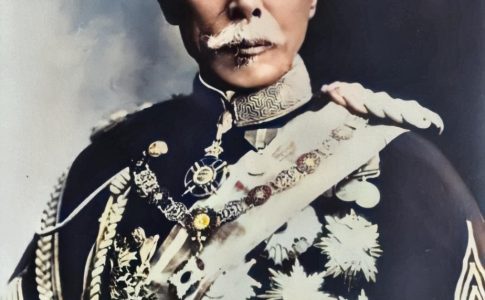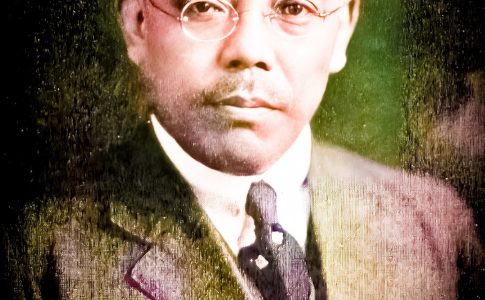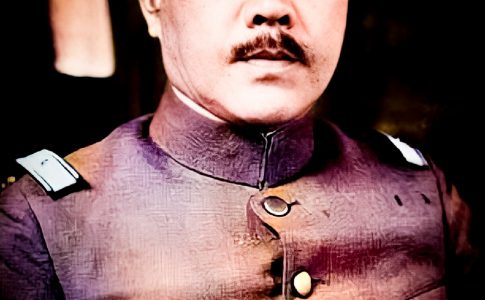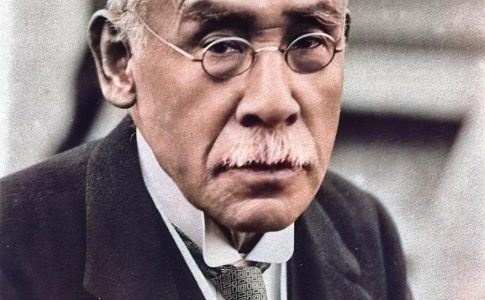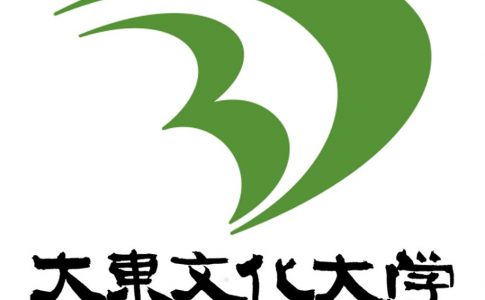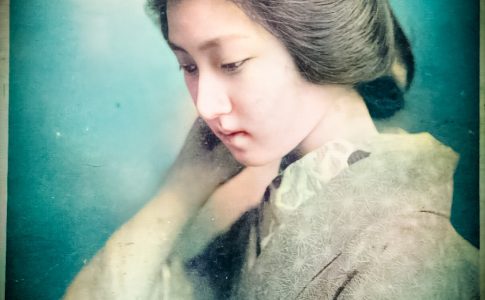Thursday, March 24, 1921: Novelist Hajime Komine is born
Novelist Hajime Komine is born in Kobe. His real name was Sumio Hirooka. He graduated from the Osaka School of Foreign Languages (now the Faculty of Foreign Languages at Osaka University), and joined the Mainichi Newspapers in 1943. In 1973, he won the Edogawa Rampo Award for “Archimedes Doesn’t Get His Hands Dirty”. He published many mystery novels in his youth. He died in 1994 at the age of 73. Ten years after his death, all of his works were out of print. However, in 2006, “Archimedes Doesn’t Get His Hands Dirty” was reprinted in Kodansha’s library and became a hot topic.

